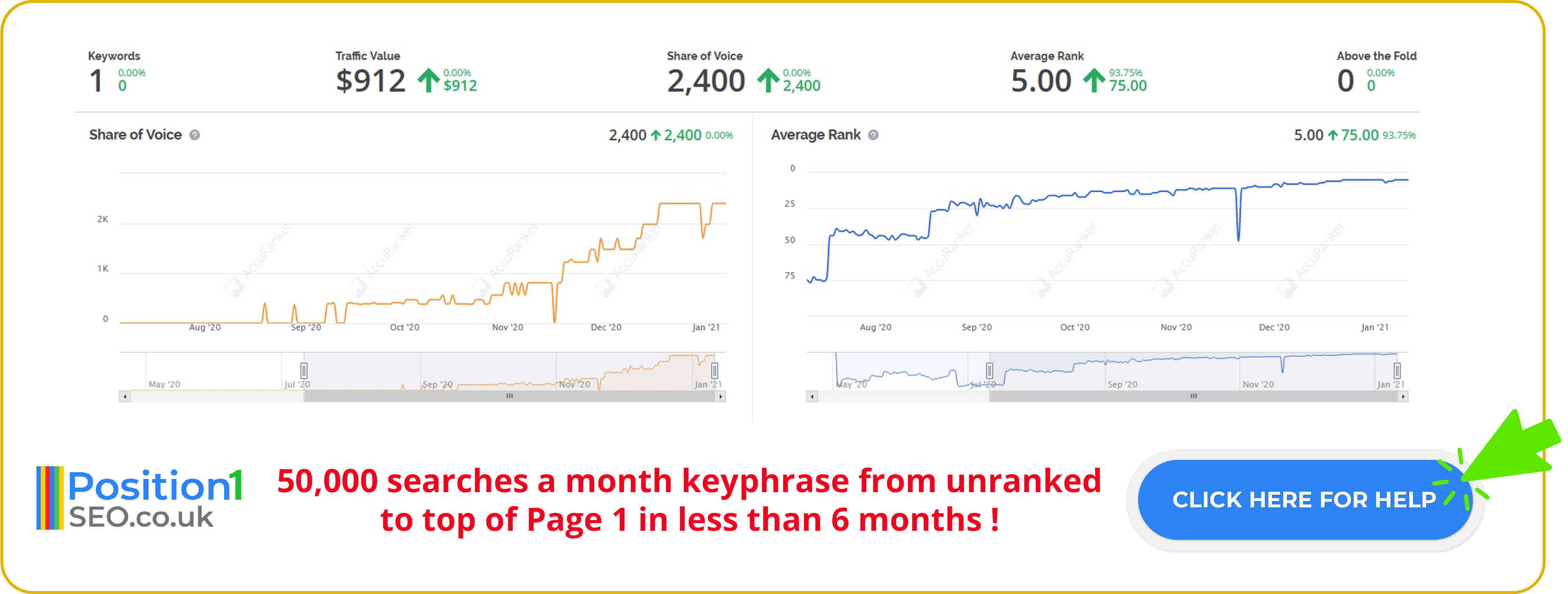
In the ever-evolving landscape of digital marketing, crafting a comprehensive SEO audit report for a client is akin to providing them with a roadmap to success in the online realm. These reports serve as invaluable guides, shedding light on the strengths, weaknesses, and opportunities that lie ahead for their online presence. In this quest for digital excellence, we embark on a journey to demystify the process of creating an SEO audit report that not only informs but empowers clients to make data-driven decisions that will elevate their visibility and competitiveness. So, let's delve into the art of crafting a report that leaves a lasting impact in the world of search engine optimization.
This page supports our content about SEO audit and you can find other in-depth information about What are the five audit checklists by following this link or answers to related questions like How do I create an SEO audit report for a client if you click here.

Before we dive into the frequently asked questions (FAQs) about crafting an SEO audit report for clients, let's ensure you're well-equipped with the knowledge and insights needed to embark on this crucial journey. Once we've laid the foundation, we'll address any lingering queries you may have about conducting an effective SEO audit and delivering impactful reports to your clients.
A good SEO report is a comprehensive document that provides a clear overview of a website's performance and the effectiveness of SEO efforts. It typically includes key elements such as:
A good SEO report should be tailored to the client's goals and objectives, providing valuable insights and a roadmap for improvement. Costs can vary based on the report's depth and complexity.
Executive Summary (£100-£200): A concise overview of the report's findings and recommendations.
Performance Metrics (£200-£400): Metrics like organic traffic, keyword rankings, and click-through rates to assess SEO performance.
Keyword Analysis (£100-£200): Insights into keyword performance, including top-performing and underperforming keywords.
On-Page Optimization (£200-£400): An evaluation of on-page elements such as meta tags, headings, and content.
Technical SEO Analysis (£300-£500): Assessment of technical aspects like site speed, mobile-friendliness, and crawlability.
Backlink Profile (£300-£500): Evaluation of the quality and quantity of inbound links.
Content Quality (£200-£400): Review of the quality and relevance of website content.
Competitor Comparison (£200-£400): Insights into how the website fares against competitors in search rankings.
Recommendations (£200-£400): Actionable steps to address identified issues and improve SEO performance.
Action Plan (£100-£200): A timeline and responsibilities for implementing recommendations.
An SEO report should include essential components to provide a comprehensive evaluation of website performance. These typically encompass:
A well-rounded SEO report should be tailored to the client's specific goals and objectives, providing valuable insights and a clear roadmap for improvement. Costs can vary depending on the report's depth and complexity.
Performance Metrics (£200-£400): Key metrics like organic traffic, keyword rankings, and click-through rates.
Keyword Analysis (£100-£200): Insights into keyword performance, including top-performing and underperforming keywords.
On-Page Optimization (£200-£400): Evaluation of on-page elements such as meta tags, headings, and content.
Technical SEO Analysis (£300-£500): Assessment of technical aspects like site speed, mobile-friendliness, and crawlability.
Backlink Profile (£300-£500): Evaluation of the quality and quantity of inbound links.
Content Quality (£200-£400): Review of the quality and relevance of website content.
Competitor Comparison (£200-£400): Insights into how the website fares against competitors in search rankings.
Recommendations (£200-£400): Actionable steps to address identified issues and improve SEO performance.
Action Plan (£100-£200): A timeline and responsibilities for implementing recommendations.
Reporting SEO success in a web optimization evaluation involves:
Effectively reporting SEO success involves providing tangible evidence of improved website performance and demonstrating a positive return on investment. Costs for reporting may vary based on the depth and complexity of the evaluation.
Performance Metrics (£200-£400): Measure organic traffic, keyword rankings, click-through rates, and conversion rates.
Keyword Progress (£100-£200): Highlight improvements in keyword rankings and organic visibility.
Traffic Growth (£200-£400): Showcase increased organic traffic and engagement on the website.
Conversion Rate Increase (£200-£400): Demonstrate the impact of SEO on conversions and revenue.
Return on Investment (ROI) (£200-£400): Calculate the financial gains from SEO efforts.
Case Studies (£100-£200): Share success stories and specific examples of improved rankings and results.
Visual Reports (£100-£200): Use charts and graphs to illustrate progress and improvements.
Future Strategies (£100-£200): Outline plans for ongoing optimization and further success.
To conduct an SEO audit of your website, you can use various tools, including:
The costs provided are approximate and can vary based on subscription plans and usage. These tools help conduct a comprehensive SEO audit and identify areas for improvement on your website.
Website Crawler Tools (£100-£300): Tools like Screaming Frog or Sitebulb to analyze site structure, crawlability, and technical issues.
Keyword Research Tools (£100-£300): Platforms like Ahrefs, SEMrush, or Moz to identify relevant keywords and assess their performance.
On-Page SEO Checkers (£50-£150): Tools like Yoast SEO or SEOPress for WordPress sites to optimize individual pages.
Backlink Analysis Tools (£100-£300): Ahrefs or Majestic to evaluate the quality and quantity of inbound links.
Google Analytics (Free): For tracking website traffic, user behavior, and conversion data.
Google Search Console (Free): To monitor site performance in Google's search results and identify issues.
Page Speed Testing Tools (Free): Tools like Google PageSpeed Insights or GTmetrix to assess site speed.
Mobile-Friendly Testing Tools (Free): Google's Mobile-Friendly Test to check mobile compatibility.
Content Auditing Tools (£100-£300): Tools like SurferSEO or Clearscope to optimize content quality.
Social Media Metrics (Free): To measure the impact of social signals on SEO.
 In conclusion, armed with the knowledge of How do I create an SEO audit report for a client?, you're now poised to provide your clients with a roadmap to digital success. Crafting an effective report that illuminates their online strengths, weaknesses, and opportunities is a testament to your commitment to their digital excellence. As you embark on this journey, remember that each report you create has the power to not only inform but also empower your clients to make data-driven decisions that will elevate their online visibility and competitiveness. So, continue to hone your skills in the art of SEO auditing and report crafting, and let your expertise shine in the world of search engine optimization.
In conclusion, armed with the knowledge of How do I create an SEO audit report for a client?, you're now poised to provide your clients with a roadmap to digital success. Crafting an effective report that illuminates their online strengths, weaknesses, and opportunities is a testament to your commitment to their digital excellence. As you embark on this journey, remember that each report you create has the power to not only inform but also empower your clients to make data-driven decisions that will elevate their online visibility and competitiveness. So, continue to hone your skills in the art of SEO auditing and report crafting, and let your expertise shine in the world of search engine optimization.

Ready to transform your client's online presence? Contact Position1SEO today at 01414 047515 and let us guide you in creating impactful SEO audit reports that drive success!
Free Quote.
Free SEO Audit.
Free Conversion Advice.

Page 1 Guarantee or We Work for FREE !

Page 1 Guarantee or We Work for FREE !

| Cookie | Duration | Description |
|---|---|---|
| cookielawinfo-checkbox-analytics | 11 months | This cookie is set by GDPR Cookie Consent plugin. The cookie is used to store the user consent for the cookies in the category "Analytics". |
| cookielawinfo-checkbox-functional | 11 months | The cookie is set by GDPR cookie consent to record the user consent for the cookies in the category "Functional". |
| cookielawinfo-checkbox-necessary | 11 months | This cookie is set by GDPR Cookie Consent plugin. The cookies is used to store the user consent for the cookies in the category "Necessary". |
| cookielawinfo-checkbox-others | 11 months | This cookie is set by GDPR Cookie Consent plugin. The cookie is used to store the user consent for the cookies in the category "Other. |
| cookielawinfo-checkbox-performance | 11 months | This cookie is set by GDPR Cookie Consent plugin. The cookie is used to store the user consent for the cookies in the category "Performance". |
| viewed_cookie_policy | 11 months | The cookie is set by the GDPR Cookie Consent plugin and is used to store whether or not user has consented to the use of cookies. It does not store any personal data. |
